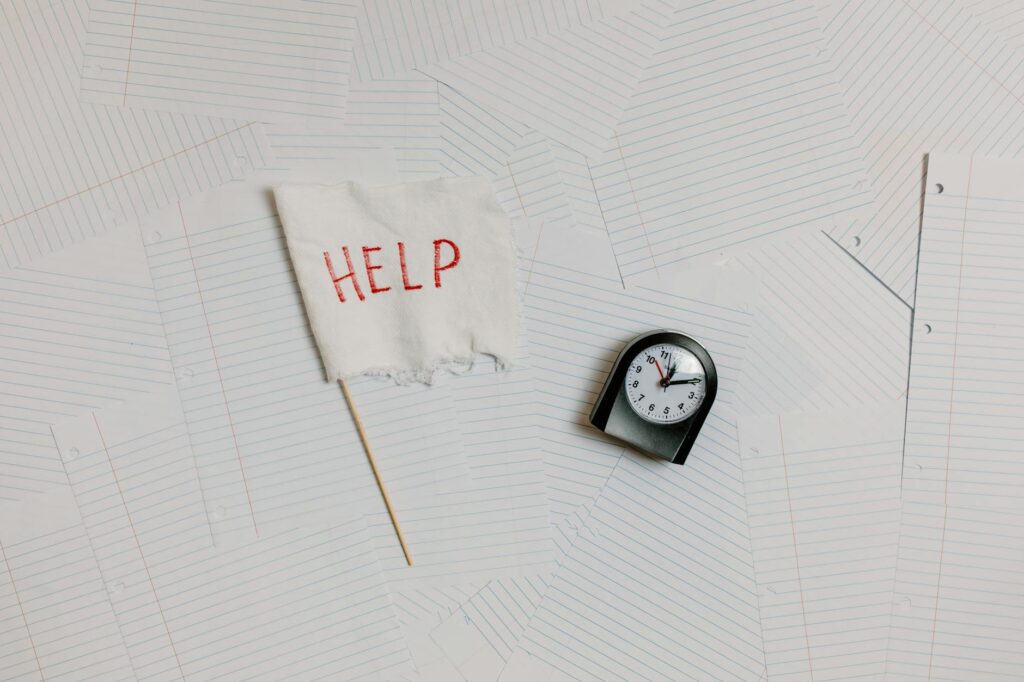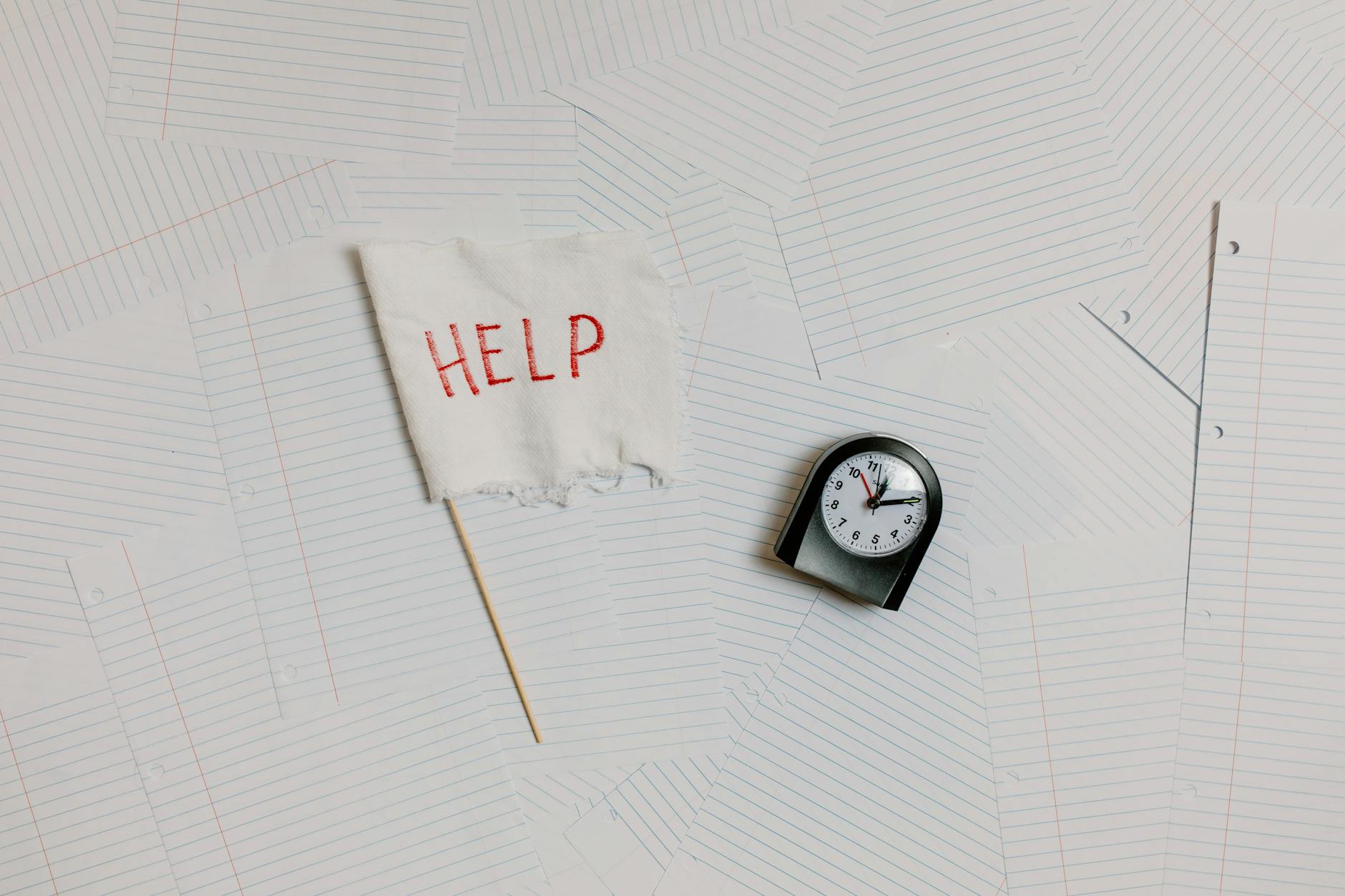What is time efficacy?

What is time efficacy?
In today’s fast-paced world, understanding how to use our time effectively is essential for success and overall well-being. This is where the concept of time efficacy comes into play. Time efficacy goes beyond mere time management; it focuses on how well we utilize our available time to achieve desired outcomes. By grasping the importance of time efficacy, we can enhance our productivity and create a better work-life balance.
Understanding Time Efficacy
To truly grasp the significance of time efficacy, we first need to define it.
Definition of Time Efficacy
Time efficacy can be defined as the ability to achieve desired results with the least amount of wasted time and effort. It emphasizes working smart rather than just working hard. Unlike traditional time management, which often focuses on merely managing time blocks, time efficacy is about ensuring that the time we spend on tasks contributes meaningfully to our goals.
Why does this matter? When you’re effective with your time, you not only get more done but also reduce stress and free up time for other activities that matter to you.
Components of Time Efficacy
Several key elements contribute to achieving time efficacy:
- Prioritization: Understanding what tasks are most important and addressing them first.
- Focus: Minimizing distractions and maintaining concentration on the task at hand.
- Goal Setting: Establishing clear, achievable objectives that guide your time usage.
By honing these components, you can significantly improve how you utilize your time.
The Benefits of Time Efficacy
Embracing time efficacy offers numerous advantages that can transform both your personal and professional life.
Enhanced Productivity
When you achieve high time efficacy, you maximize output in relation to the time spent on tasks. For instance, when you prioritize effectively, you ensure that your efforts are directed toward high-impact activities. This approach not only boosts your productivity but also increases your overall effectiveness in reaching your objectives. You can find more about the relationship between time efficiency and productivity in this article on Time Efficiency – How to Get it Right.
Improved Work-Life Balance
Time efficacy also plays a crucial role in enhancing work-life balance. By using your time effectively, you create space for personal activities and relaxation. This balance is essential for mental health and well-being. When you can complete work tasks in a more productive manner, you have more leisure time to enjoy hobbies, spend time with family, or simply unwind.
Strategies to Enhance Time Efficacy
To improve your time efficacy, consider adopting these actionable techniques:
Prioritization Techniques
Using methods such as the Eisenhower Matrix or the ABCDE method can help you prioritize tasks based on their urgency and importance. This structured approach allows you to focus on what truly matters. For an in-depth look into prioritization, check out this resource on 10 Strategies for Better Time Management.
Setting SMART Goals
Setting SMART goals—Specific, Measurable, Achievable, Relevant, and Time-bound—ensures that you have a clear roadmap for what you want to accomplish. SMART goals provide a framework that can enhance your focus and drive to achieve outcomes.
Time Blocking and Scheduling
Time blocking involves allocating specific time slots for different tasks throughout your day. By dedicating focused periods to specific activities, you minimize distractions and increase your overall productivity. This method can be particularly effective if you often find yourself sidetracked by other responsibilities. For more on this technique, consider reading about effective time management strategies here.

Photo by Tara Winstead
Measuring Time Efficacy
To assess and analyze your time efficacy, you can utilize various tools and methods.
Utilizing Time Tracking Tools
Practical tools and apps like Toggl or Clockify can help you track the time spent on various activities. These insights can reveal patterns in your work habits and identify areas where you can improve your efficiency.
Reflecting and Adjusting Strategies
Regular reflection on your progress and strategies is vital for optimizing time efficacy. By consistently reviewing what works and what doesn’t, you can make necessary adjustments to your approach. This iterative process helps you stay aligned with your goals and continuously improve your efficacy over time.
Conclusion
In summary, time efficacy is a crucial concept that can profoundly impact your personal and professional life. By understanding its definition and components, recognizing its benefits, and implementing effective strategies, you can maximize your productivity and achieve a healthier work-life balance. The time invested in honing your time efficacy today will pay dividends in the future, helping you to reach your goals with greater ease and less stress. Embrace these principles, and you’ll likely find that your life becomes not only more productive but also more fulfilling.